Julian Huxley: The prophet of transhumanism
Published on September 10, 2025
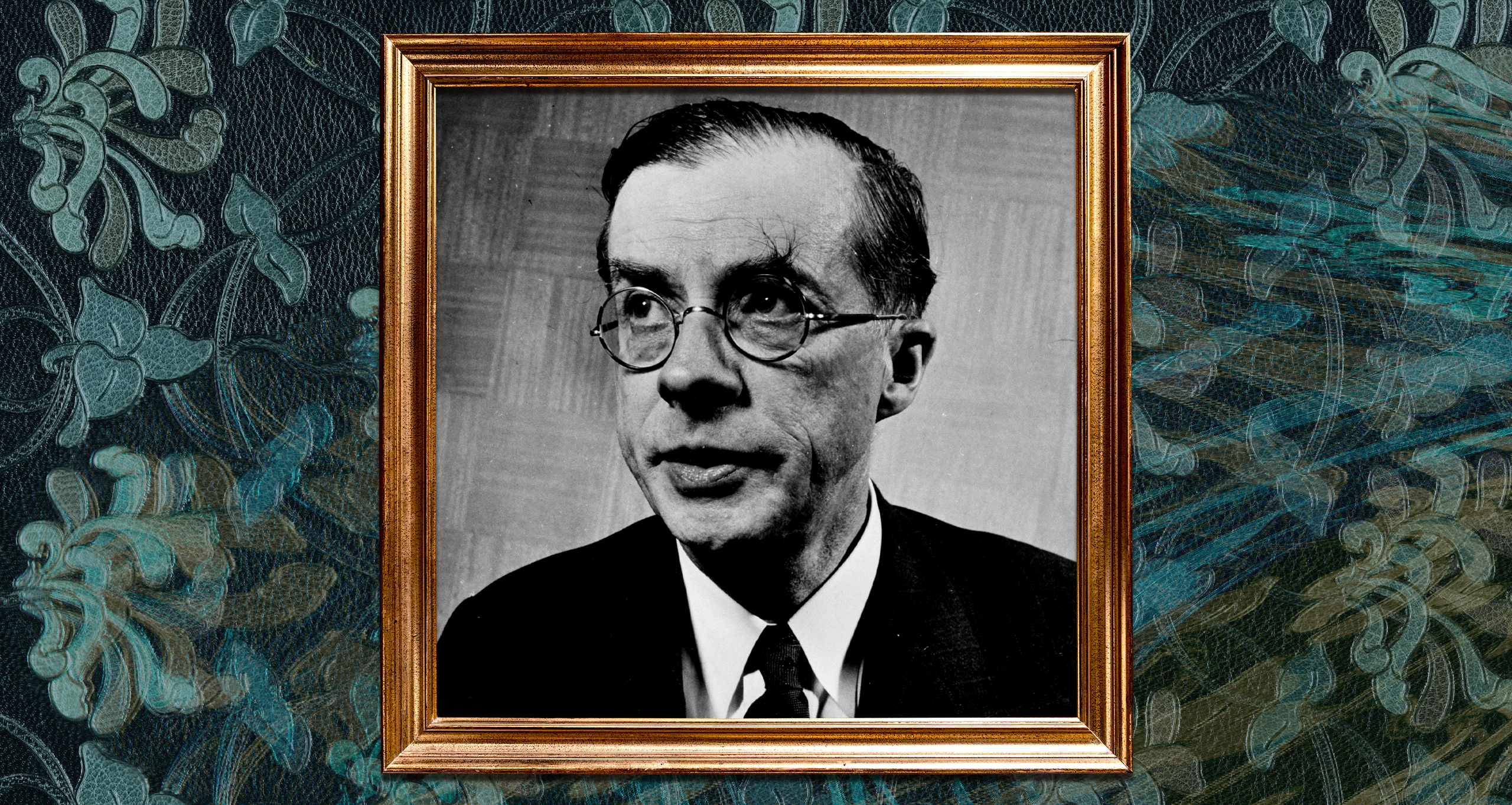
There are names in history that echo through science, philosophy, and ethics alike. Men whose ideas reshape the boundaries of what we consider possible or even permissible. Julian Huxley is one such name.
A biologist by training, an intellectual by nature, and a futurist by aspiration, Huxley stands at the crossroads of modern transhumanist thought. He was the first Director-General of UNESCO, a passionate advocate for eugenics, and the man who coined the term “transhumanism.” Yet his legacy is one riddled with moral contradictions. As scientific progress barrels forward through genetic editing, synthetic biology, and AI, all fine products of the transhumanism Huxley envisioned, Huxley’s dream is becoming reality. But with it come questions humanity is still too afraid or perhaps distracted to answer.
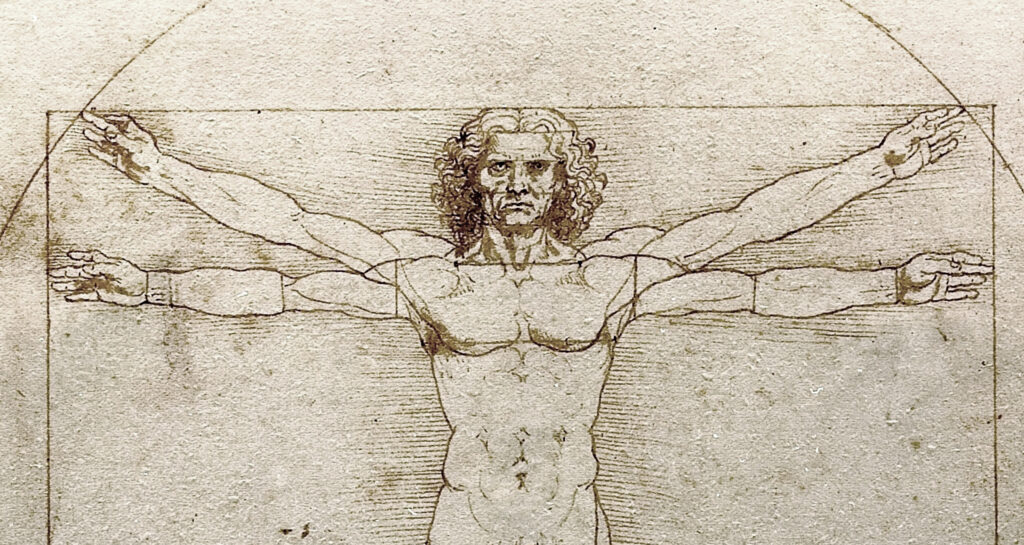
A legacy in science and ideology
Born in 1887 into a family of scientific royalty, Julian Huxley was the grandson of Thomas Henry Huxley, known as “Darwin’s Bulldog” for his vocal defense of evolution. Julian inherited this scientific zeal, becoming an eminent biologist and a public intellectual in his own right. He was deeply involved in evolutionary theory, developmental biology, and ornithology. But unlike many of his contemporaries, Huxley was never content to merely describe what is. He was obsessed with what could be, especially if science and, therefore, humans could shape it.Huxley believed that evolution didn’t stop at biology. It could, and should, continue socially and technologically. He envisioned a future where humanity took control of its own evolution, shedding the limitations of its biology and ascending to a new, improved species. This vision became the foundation of transhumanism, the movement that seeks to use science and technology to radically enhance human capabilities, even to the point of surpassing what we currently define as “human.”
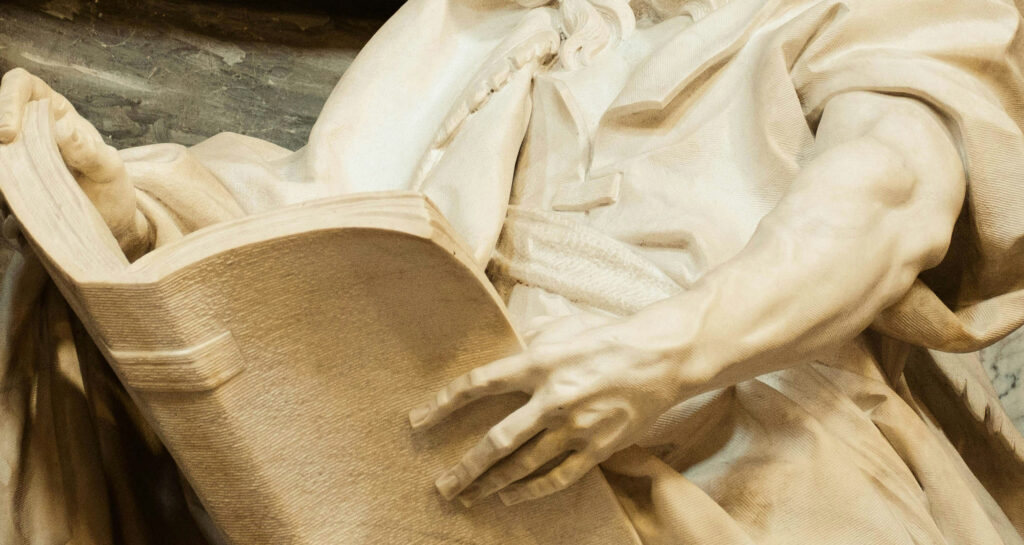
Transhumanism and the Enlightenment spirit
To understand transhumanism, we must trace its roots back to the Enlightenment; a period marked by the rise of reason, individual liberty, and faith in human progress. The Enlightenment declared war on superstition and hierarchy, insisting that man was not a passive creature of fate but a rational being capable of mastering his environment. Scientific inquiry replaced divine providence, and with it came the seduction of control over nature, over society, and eventually, over man himself.
Julian Huxley, educated at Eton and Oxford, was a product of this lineage. He believed that through reason and science, humanity could perfect itself. But his vision came with a Faustian bargain. To improve the species, you must first define what is “desirable” and what is “progress” and more dangerously, what is neither.
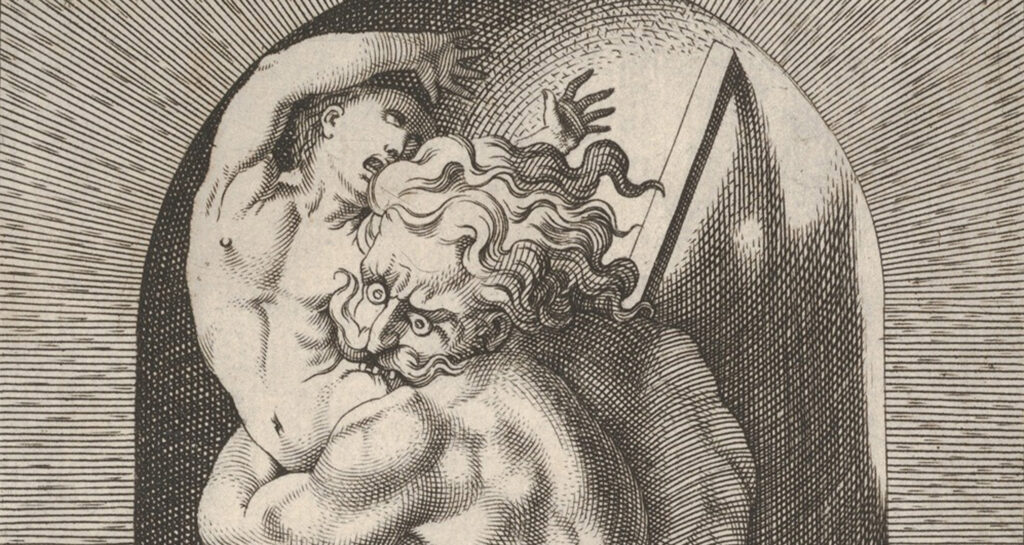
Darwin, eugenics, and the dark turn
Here lies the irony. Charles Darwin’s theory of evolution was itself a triumph of Enlightenment empiricism, but it cast a long shadow. Once natural selection entered the scientific vocabulary, so did the belief that some traits and some people were more “fit” than others.
Julian Huxley was a lifelong supporter of eugenics, though he attempted to soften its image by referring to it as “evolutionary humanism.” He advocated for the state-sponsored selection of traits that he considered beneficial to society, such as intelligence, health, and even temperament. This belief wasn’t fringe; it was popular among early 20th-century intellectuals, many of whom feared that modern medicine and welfare were enabling the survival of the “unfit.”
But eugenics had a fatal flaw: it placed moral value on biological traits. It gave science (including political sciences) the authority to decide who deserved to live, reproduce, or be “improved.” It transformed people into raw material to be refined. And in Nazi Germany, this ideology found its most horrifying expression, but let’s not forget that its impact was also felt in the United States.
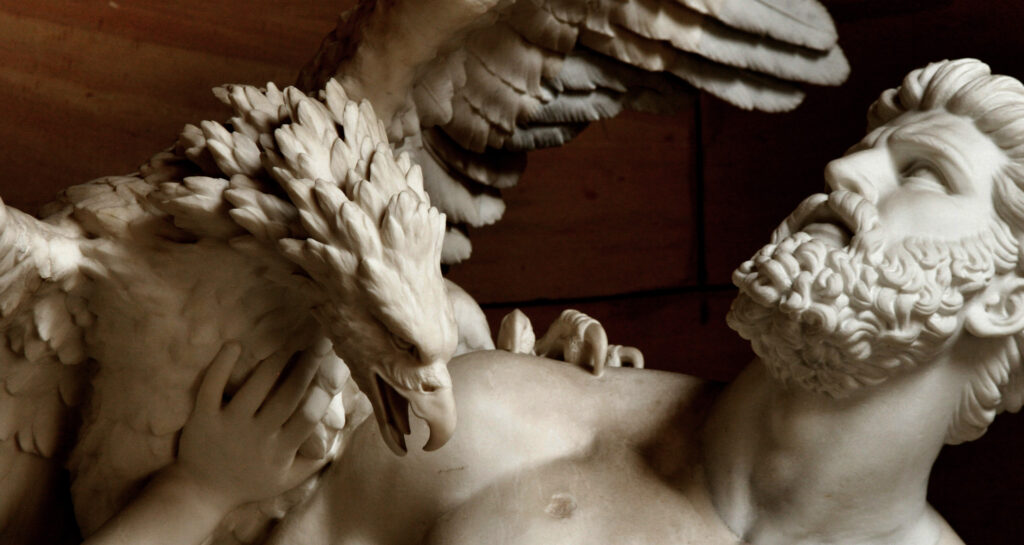
The Nazi nightmare
While Huxley and many British eugenicists distanced themselves from Nazism, the intellectual overlap is undeniable. Nazi ideology was steeped in pseudo-scientific ideas of racial purity and biological superiority. The Third Reich implemented forced sterilizations, euthanasia programs, and genocidal policies, all justified in the name of biological advancement.
Though Huxley publicly condemned Nazi atrocities, he never fully renounced his belief in the necessity of controlling human evolution, which was ultimately the Nazi’s agenda. In a postwar world reeling from the Holocaust, he simply rebranded. The language shifted from “eugenics” to “population control,” “family planning,” and eventually “transhumanism.” The goal, however, remained hauntingly familiar: to redesign humanity.
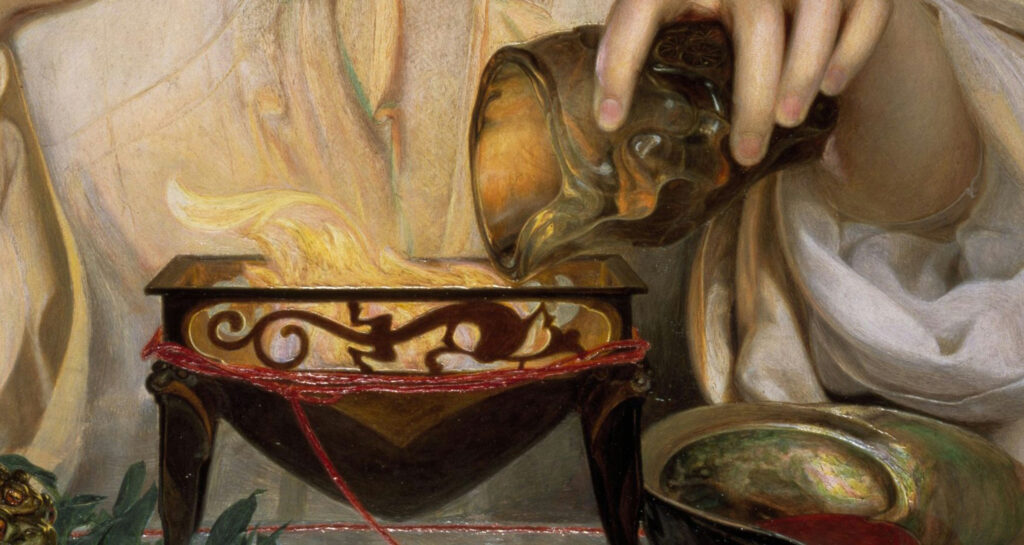
“Transhumanism”: A new word for an old idea
In 1957, Huxley coined the term “transhumanism” in an essay titled New Bottles for New Wine. He wrote:
“The human species can, if it wishes, transcend itself—not just sporadically, an individual here in one way, an individual there in another way—but in its entirety, as humanity.”
He envisioned a future where man would use science to break free from evolution’s slow crawl and take charge of his destiny. It was the secular equivalent of salvation, not through God, but through laboratories and algorithms.
Today, transhumanism includes everything from cryogenics to brain-computer interfaces, gene editing to artificial intelligence. Companies like Neuralink seek to merge mind and machine. CRISPR allows scientists to alter the human genome. Fertility clinics offer preimplantation genetic diagnosis to select embryos with desired traits. All of these would have thrilled Huxley and should unsettle the rest of us.
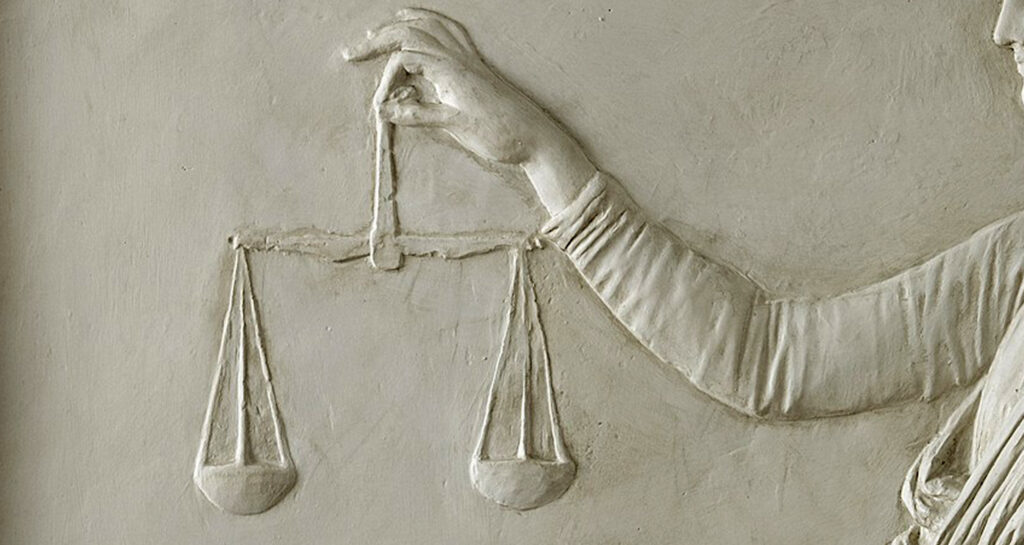
The bioethical abyss
The core question that transhumanism forces us to confront is simple yet devastating: What does it mean to be human?
Is our humanity defined by our DNA, our mortality, our limitations? Or can and should it be “upgraded”?
Transhumanism promises longer life, greater intelligence, and freedom from disease. But it also flirts with the loss of what makes us human: vulnerability, unpredictability, the capacity for suffering and love. As Catholic philosopher Leon Kass once asked, “Do we really want to be rid of mortality, or is it precisely our finitude that gives meaning to our lives?”
There are other dangers, too. Who decides which traits are worth enhancing? Will the wealthy buy their children superior genes while the poor remain biologically obsolete? Will society stratify into the engineered and the natural, the perfected and the born? Is this not a new eugenics, cloaked in sleek design and tech optimism?
And what of consent? Can a future child consent to being genetically modified? Can we truly comprehend the long-term consequences of editing the human germline?
These are not hypothetical concerns. In 2018, Chinese scientist He Jiankui announced the birth of the first genetically edited babies, engineered to resist HIV. The experiment was widely condemned as unethical, reckless, and premature, but nonetheless it happened. The Pandora’s box is wide open.
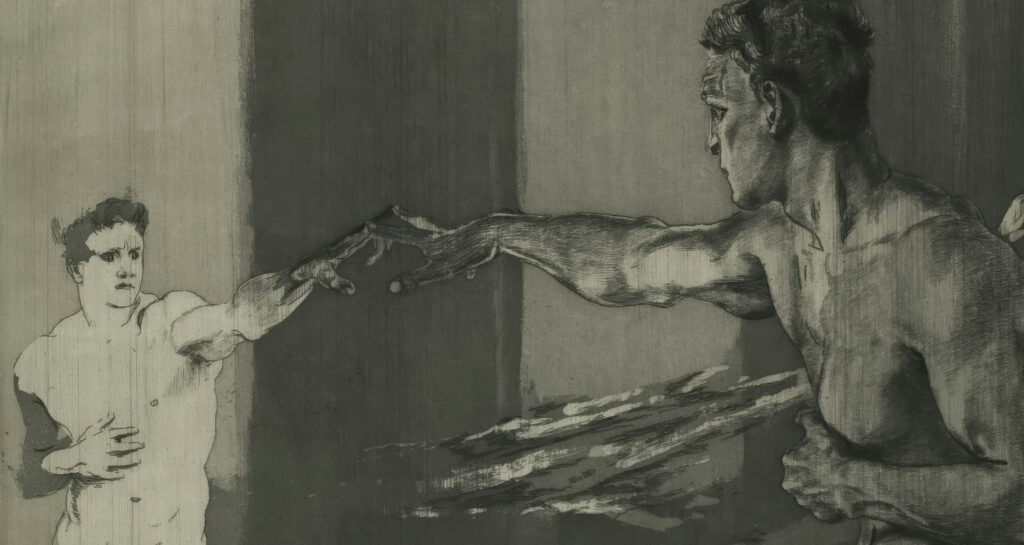
Social engineering in the 21st century
We are entering a new age, not just of transhumanism, but also of soft social engineering. Rather than state-led eugenics programs, we now face algorithmic nudges, biometric surveillance, and biotech marketed as empowerment. The individual is no longer coerced; she is persuaded by cultural messaging, corporate incentives, and scientific authority.
Take reproductive technology. Egg freezing is framed as liberation and more options. Hormonal manipulation as choice. But what happens when choice becomes expectation? When enhancements become the norm? When does the “natural” become stigmatized?
In many ways, transhumanism has already won. We live in a culture obsessed with optimization. Wellness, productivity, beauty, and intelligence are all metrics to be measured, enhanced, and controlled. We medicate mood, curate our digital selves, and now, increasingly, consider altering our very biology.
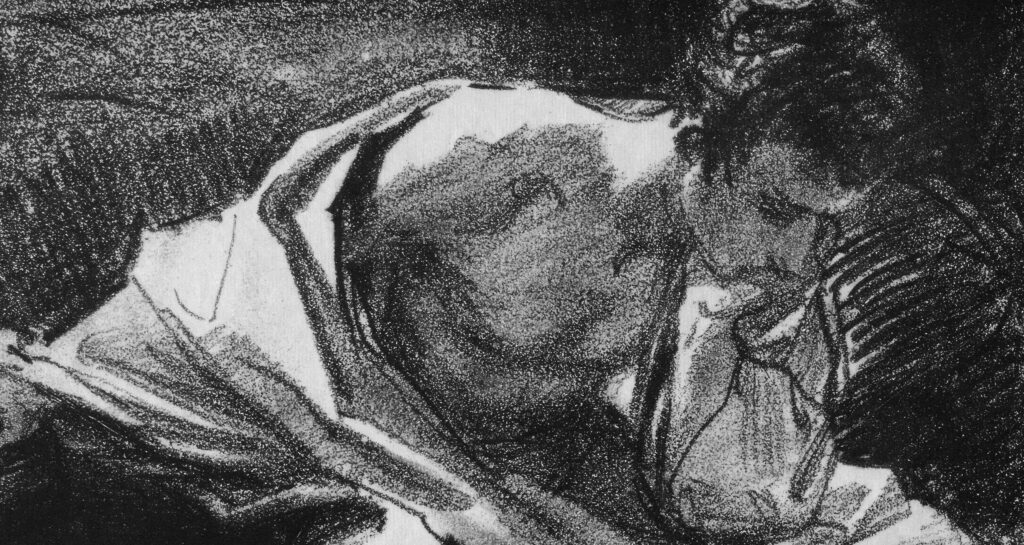
Where do we go from here?
Julian Huxley believed that science could lead us to a higher plane of existence. In some ways, he was right. Medicine has eradicated diseases, extended lifespans, and improved the quality of life for millions. But his vision also lacked humility. It assumed that man, given power, would wield it wisely. History suggests otherwise.
As we stand at the threshold of human redesign, we must remember the lessons of the past. The Enlightenment gave us reason, but reason without moral grounding becomes tyranny. Darwin gave us scientific truths, but truth without love becomes cruelty. Huxley gave us vision, but vision without ethics becomes a nightmare.
Transhumanism challenges us to consider not just what we can do, but what we should do. It invites us to ask: Is the goal to become more than human or simply to become fully human? Or what exactly is a better human? Are we to abandon the notion of virtue and replace it with technological progress?
These are the questions of our time and the answers may determine the future of our species.



